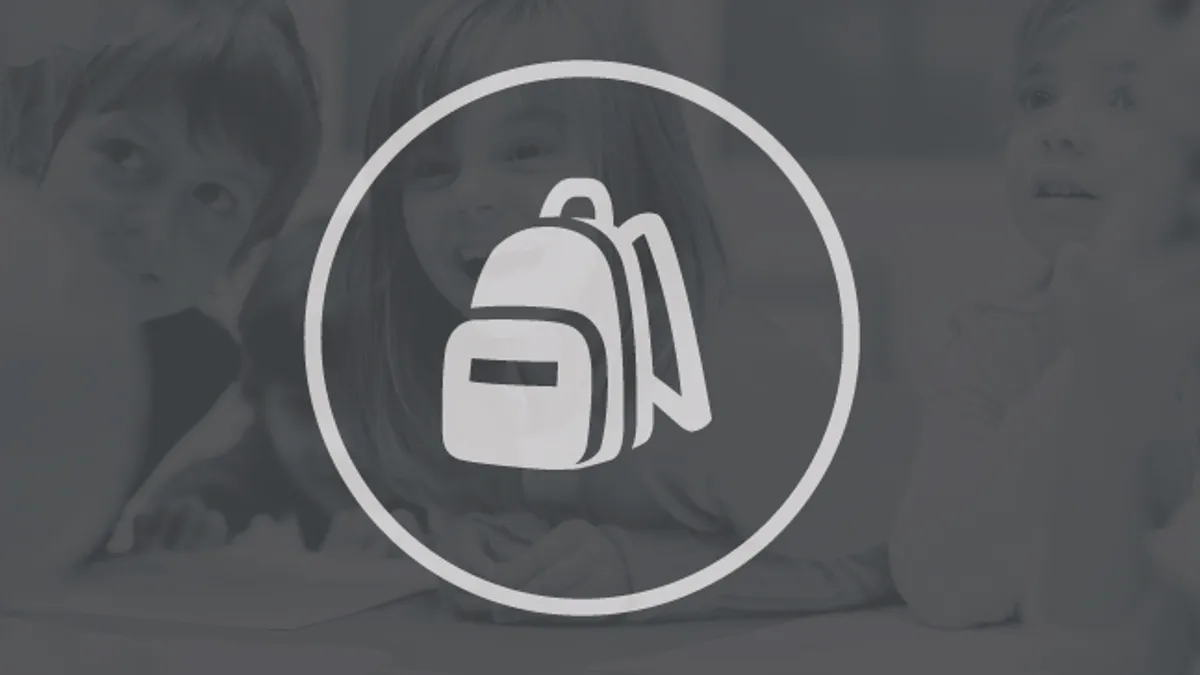This latest Pre-to-3 column focuses on a new study that reinforces the benefits of reading out loud to young children — and a school district that is working to ensure children keep reading over the summer. Past installments of Pre-to-3 can be found here.
Parents and early-childhood educators know that reading aloud to young children builds their vocabularies and supports other early literacy skills. But a recently published study also shows a positive connection to better behavior, such as less hyperactivity, when the children are ready to enter kindergarten.
The study, conducted in a sample of low-income mothers and children, focuses on the Video Interaction Project (VIP), in which a routine primary care visit to the pediatrician includes a parenting coach talking with mothers about their child’s development and videotaping them reading to their children. The coach and the mother also watch the video to “reinforce positive interactions,” the researchers write in the April 2018 issue of the journal Pediatrics.
The program, created by Dr. Alan Mendelsohn of the Department of Pediatrics at the New York University School of Medicine, began at Woodhull Medical Center in Brooklyn, N.Y., and has since expanded to Bellevue Hospital in Manhattan and to sites in Pittsburgh and Flint, Mich.
In the random trial, mothers and their children, in the birth-to-age-3 range, were assigned to VIP or a control group. Many of those families were also randomly assigned to the second phase of the program that serves 3-to-5-year-olds. In addition to less hyperactivity, the researchers also found that children who participated in the program displayed fewer attention problems and “externalizing” behaviors, such as aggression.
The results show that “such programs can result in clinically important differences on long-term educational outcomes, given the central role of behavior for child learning,” Mendelsohn, the lead author, wrote.
The findings also suggest that pediatric care in general is an effective setting in which to promote reading and playing with young children, and that such programs can help prevent “poverty-related disparities.” The model is also less expensive than other interventions, such as home visiting programs and can supplement existing community-based early literacy efforts, the researchers say.
Read-aloud programs growing
Read-aloud programs have developed into an international phenomenon in which educators use technology to form connections with others around the world reading the same books. The Global Read Aloud, for example, began in 2010 and has now seen more than four million participants.
World Read Aloud Day, a project of the nonprofit LitWorld, is another international event, and the 15 Minutes National Campaign is a 10-year effort to encourage parents to read aloud to their children through age 8 for 15 minutes every day. Innovative models, such as barbershop reading programs, have been growing across the country.
School leaders may not regularly interact with families of very young children, but they can connect with local early-childhood councils, library leaders and other community organizations that are encouraging parents to read to their young children and giving them access to books.
In the Guilford County (N.C.) Schools, for example, district leaders this month will begin distributing free books to students in all 49 Title I elementary schools as a way to keep students reading during the summer months.
“Some families might not have the resources to send kids to summer camps; they don’t have home libraries or have the funds to purchase those books,” Lindsay Whitley, director of Guilford Parent Academy, said in an interview. “We didn’t want to just force this on kids. We wanted them to select books and the characters and the topic they would really be engaged with.”
As part of the Break with a Book initiative, the district is also giving students “passports” that they can have stamped during check-in events at local libraries and other community locations. And to ensure families have transportation to those events, schools will provide vouchers for the local transit system.
The project, Whitley said, is an extension of the programs and resources the district already offers to parents throughout the year and was a response to parents’ requests for additional support over the summer. He added that it also reflects the Every Student Succeeds Act’s emphasis on collecting feedback from parents. “We don’t just go into a silo and plan things for families and hope that’s what they want,” Whitley said.
While the VIP study notes the benefits of reading aloud to very young children, those benefits don’t stop. A small study from Canada published last December in the journal Memory found that when students read aloud to themselves, they remember the information better.






















